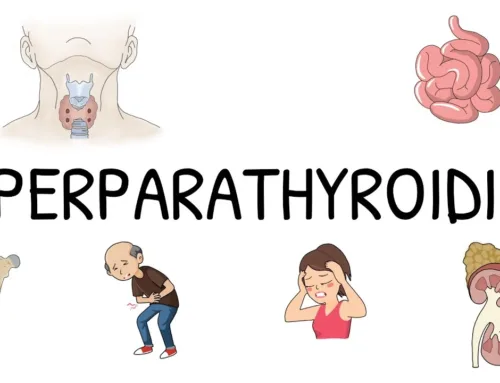Your adrenal glands are located just above your kidneys. They produce several hormones that are essential to life. These include cortisol, which helps us deal with stress; aldosterone, which helps maintain the right balance of sodium and potassium in our bodies; and adrenaline (also known as epinephrine), which is a hormone that increases heart rate and blood pressure while preparing us for short bursts of activity like fighting or running away from danger. Adrenal gland removal surgery is very rare because removing the entire gland without damaging nearby organs such as your pancreas or spleen is difficult.
Adrenal gland removal is a serious procedure that should only occur as a last resort. It can have serious side effects and affect your body’s ability to handle stress effectively. However, if you’ve been diagnosed with a cancerous adrenal gland and surgery will prevent further spread or reoccurrence of cancer, then yes—you can live without an adrenal gland.

You can read more https://link.springer.com/article/10.1245/ASO.2003.04.020
In addition, certain aspects of this process can lead to severe health problems if not done correctly:
You will need to be treated with steroids.
If you have had your adrenal glands removed, you will need to take steroids to replace the hormones that are normally produced by your adrenal glands. These hormones are essential for life and cannot be produced by any other body part.
You can take steroids in pill form or through injections into a muscle or under the skin (subcutaneous). Steroids can cause side effects such as weight gain, high blood pressure, and diabetes mellitus (diabetes).
The body cannot produce certain hormones.
As you might have guessed, the adrenal glands produce hormones that control many important body functions. These include cortisol, which helps with stress; aldosterone, which helps with blood pressure and salt balance; epinephrine (also known as adrenaline), which helps with the fight-or-flight response.
If your adrenal glands are removed or damaged beyond repair in some other way, and you need to take medication to replace them, there are several options available:
- Cortisol is a synthetic hormone that can be taken orally or injected into muscles every day at certain times (usually around 6 am). It’s usually prescribed for people who have had their adrenals removed due to cancer treatment because they need more cortisol than they would naturally produce without having any functioning adrenal tissue left behind after surgery.* Aldosterone – This is another synthetic drug that must be taken daily by mouth in pill form.* Epinephrine (Adrenaline) – This is an emergency treatment only given through injections into muscle tissue when someone has suffered from severe trauma such as a car accident or gunshot wounds; it’s not meant for long-term use since it wears down organs quickly if taken over time.*
It’s usually not recommended because they are important to our bodies.
While they can be removed, it’s usually not recommended because they are important to our bodies. The adrenal glands produce several hormones that help us regulate our blood sugar levels, fight off infections and even respond to stress.
The adrenal glands are located above the kidneys and are part of the endocrine system. They’re also part of the sympathetic nervous system (SNS), along with other organs like your heart and lungs–that means any damage done to them could have serious consequences on other parts of your body as well!
If they are removed, you will need to be treated with medication.
If your adrenal glands are removed, you must be treated with medication. This treatment is called steroid replacement therapy. The drugs used in this treatment are called corticosteroids and mimic the effects of natural cortisol on the body.
The most common way of taking these drugs is as tablets or capsules that can be swallowed. Some medications come in liquid form so they can be squirted into your mouth with a syringe if necessary (this type is called “oral solution”). Other types come as creams, ointments, gels, or injections into muscle tissue (known as “topical” medications).
How often you need to take your medication depends on what kind of condition you have:
- acute adrenal insufficiency – every 6 hours for three days; then every 6 hours for two weeks; then three times per day for six months
- chronic adrenal insufficiency – morning and evening
Conclusion
If you are considering having your adrenal glands removed, it’s important to know the risks and benefits of this procedure. While they can be removed, it’s usually not recommended because they are important to our bodies. However, removal may be necessary for your health if you have an adrenal tumor or cyst that is causing problems with your hormone levels.
Do you know What are exocrine and endocrine glands?




Leave A Comment